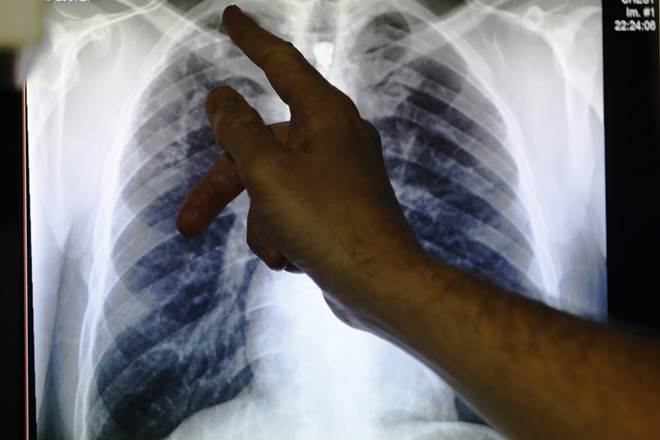India’s progress on controlling TB—the country has the highest burden for the disease in the world—has been heartening. While both estimated incidence and mortality have been coming down over the years, India managed to get some degree of check on multi-drug resistant (MDR) TB, with incidence having fallen to 135,000 from 147,000 (some of it could be due to death of the afflicted individuals) between 2016 and 2017. At the same time, new and relapse cases have also dipped over the last few years, as have HIV+TB cases. The fact that India’s TB control programme is significantly funded by the government, with 79% of the programme funded from domestic funds and 21% through international grants and aid, is at the core of this success.
What is worrying, though, is that over a third of the total TB cases estimated for India remain undiagnosed/not notified. Encouraging private sector participation in TB control has paid up rich dividends, however, and has the potential to do even more in the future. India now notifies more than 5.4 lakh TB cases annually from the private sector alone, Union health minister JP Nadda writes in the latest Lancet Commission on TB report. However, to reach the unreached and bridge the gap in TB control in a more effective manner, the government, as the report recommends, must scale up access to TB services by optimising the engagement of the private sector TB-control service providers by encouraging participation through incentives for high-quality TB care and improved detection rates, and guaranteeing access to drug susceptibility testing and second-line TB drugs. But, most importantly, the government can commit to ensuring that the national TB programme is fully state-funded by increasing the overall allocation to health, and within that, to TB control with a focus on eliminating catastrophic cost-effects of TB treatment for EWS patients’ families. To that end, India must aim at increasing its domestic expenditure on TB control by 400% in the next five years. Only then can it hope to shed the tag of the worst-afflicted TB nation.


